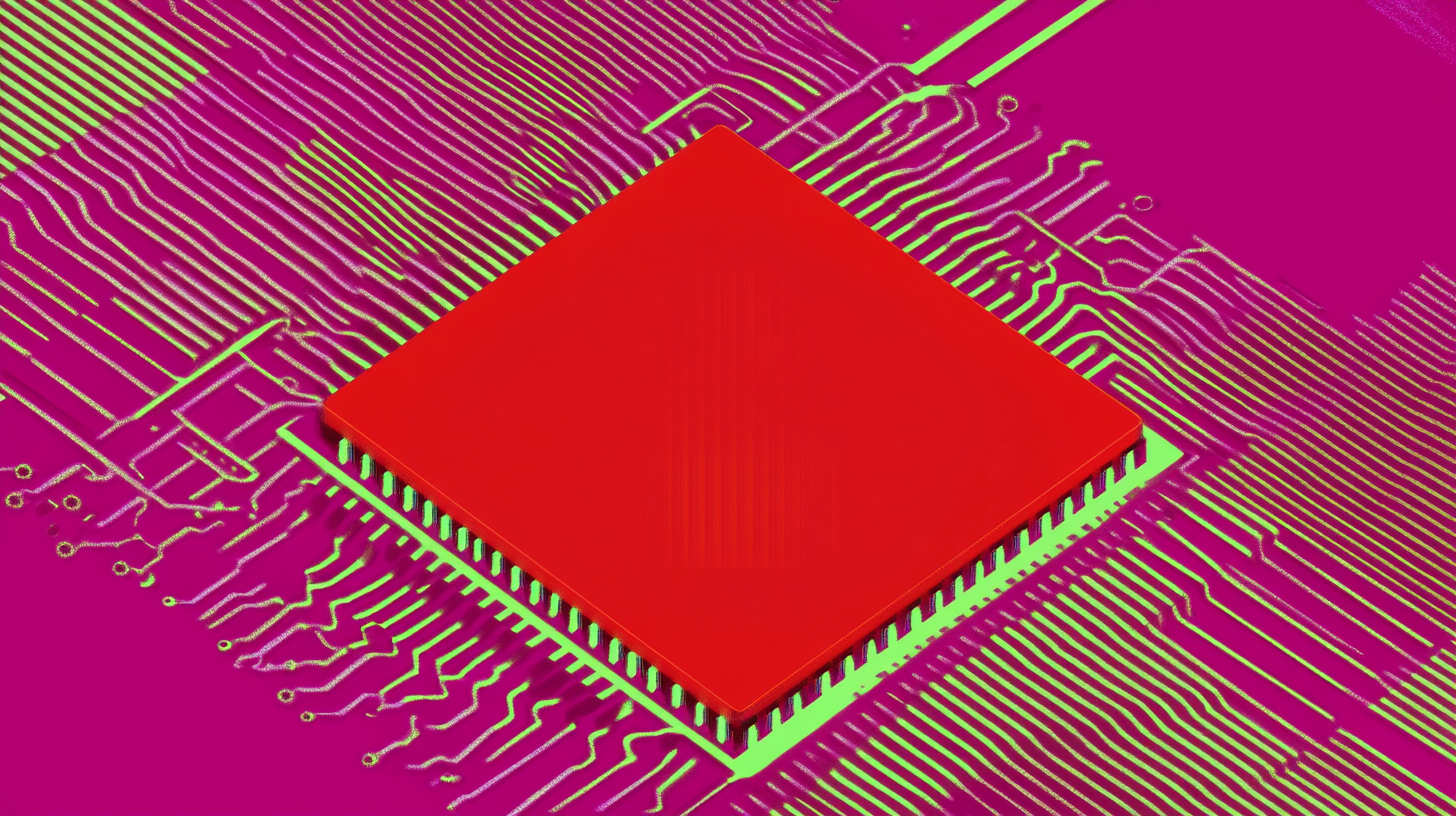Banned Nvidia AI chips worth over $100 million shipped to China despite US export restrictions

A New York Times investigation reveals that advanced AI chips, mainly from Nvidia, are still being traded in China despite US export restrictions. The report uncovered dozens of suppliers in Shenzhen, some doing business worth over $100 million.
One trader showed reporters evidence of a shipment of more than 2,000 of Nvidia's most advanced chips, valued at $103 million, from Hong Kong to mainland China in April. Several traders said customers often order 200 to 300 chips at a time.
While the exact quantities are unclear, the sales reported to the New York Times were much larger than previously known. Nvidia and other US companies say they comply with export rules but can't control their entire distribution chain. There was no evidence that banned chips on the markets came directly from Nvidia.
The investigation found that more than a dozen state organizations, including those with military ties, also bought banned chips. These were used for Chinese research on nuclear weapons, torpedoes, and stealth fighters. Nvidia continues to legally sell less powerful AI chips to Chinese companies, including 24 partners with military connections.
Companies are bypassing restrictions through new partnerships and foreign subsidiaries. For example, after US sanctions, managers from Sugon founded Nettrix, now one of China's largest AI server manufacturers. Nvidia, Intel, and Microsoft all work with the company and say they comply with the law.
Commerce Secretary Gina Raimondo told the New York Times, "This is an enormously difficult job, and I’m under no illusions that we are doing it perfectly."
The US introduced export restrictions in September 2022 to prevent China, Russia, and Iran from obtaining advanced AI chips that could enable breakthroughs, especially for military use. The US has also restricted exports to some Middle Eastern countries to prevent access via third countries.
Since the regulation was introduced, it has been repeatedly adjusted to keep up with new technical developments. US chip manufacturers are also banned from building chip factories in China.
The AI race between the US and China may be heating up: The US is reportedly considering a ban on AI models. OpenAI recently restricted access to its programming interface from China and other countries. OpenAI CEO Sam Altman recently warned about the risks of advanced AI models in the hands of authoritarian regimes.
AI News Without the Hype – Curated by Humans
As a THE DECODER subscriber, you get ad-free reading, our weekly AI newsletter, the exclusive "AI Radar" Frontier Report 6× per year, access to comments, and our complete archive.
Subscribe nowAI news without the hype
Curated by humans.
- Over 20 percent launch discount.
- Read without distractions – no Google ads.
- Access to comments and community discussions.
- Weekly AI newsletter.
- 6 times a year: “AI Radar” – deep dives on key AI topics.
- Up to 25 % off on KI Pro online events.
- Access to our full ten-year archive.
- Get the latest AI news from The Decoder.